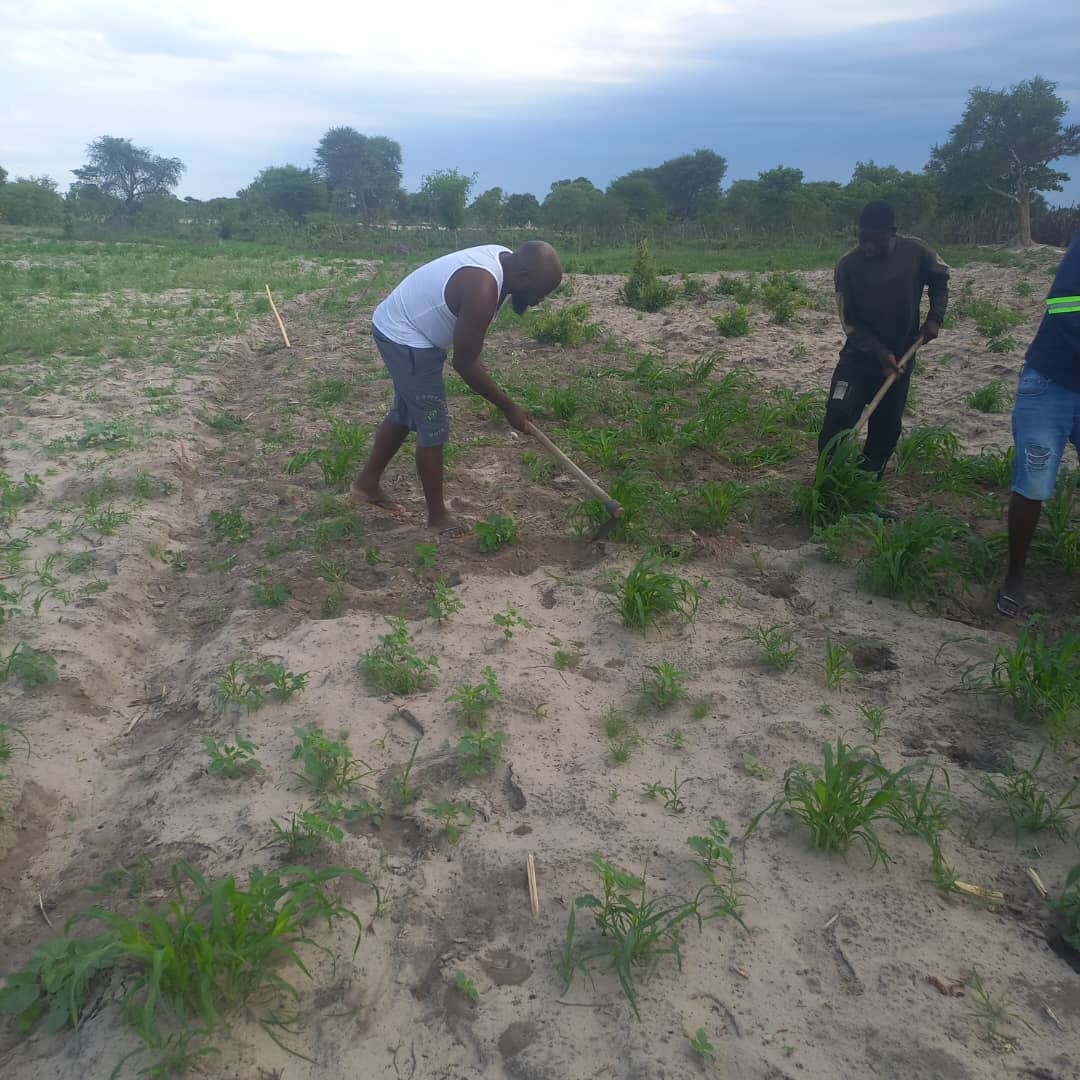I’ve come to realise that sushi and Namibia have a love-hate relationship.
No, truly. Most people and their whole tribe will tell you, if it has not touched fire, it does not touch my mouth.
They then launch into an entire discussion about eating raw food and how it’s unhealthy. Apart from that you are told it is not a dish that should be common for one reason or another.
So, let’s talk sushi.
What is it? Well, in essence, it is a Japanese dish that traditionally consists of vinegared rice (known as “shari” or “sumeshi”) combined with various ingredients, including seafood, vegetables and occasionally tropical fruits. These ingredients are often prepared and presented in different ways, but the notion is that it should always look beautiful.
Misconceptions:
• Sushi is raw meat: While most sushi is served uncooked, there is a large portion of sushi that is served grilled or deep fried. Also, the soy sauce used has a pickling effect that kills off any ‘raw’ sensations that may be uncomfortable for some, but then again, that’s why you go for it.
• Sushi is poisonous: Just like any other food that is not prepared and stored properly, fish will go bad and can cause illness. Proper care is needed. The same applies to chicken, beef or any other bio-product.
• Sushi is expensive: This is debatable as Namibia has a thriving ocean that means most of the ingredients, like the more local fish are slightly cheaper. The more elaborate sushi does pack a punch in the price range, no doubt, but will not bankrupt you on one night out.
Namibia’s coastline is a seafood lover’s paradise. We source the freshest catch, including yellowtail, kabeljou, snoek and the famed oysters from Walvis Bay. These treasures are the essence of our sushi, ensuring every bite bursts with the authentic flavours of the ocean. The key is to select the best fish, ensuring it’s sustainably sourced to preserve the natural beauty of our seas. While our vast desert landscapes might seem an unlikely place for sushi, Namibians have embraced this delectable delicacy with open arms, infusing their unique flavours and using the best of local produce.
Seaweed, or nori, is an essential component of sushi. The salty, umami-rich seaweed adds a unique touch to our sushi rolls.
While I am not actively aware of a local company that makes nori, with so much seaweed in our oceans, I am led to believe that perhaps the conditions are not ideal, and the quality isn’t that great for those that tried.
It seems such a shame, though, a wasted opportunity to have our own brand of seaweed on the market that can be used as the foundation of an authentic African sushi experience.
My Recommendation:
If you are going to enjoy sushi in Namibia, do it at the coast. I have been known to get into my vehicle, drive all the way, enjoy my sushi, then drive back later, just as a personal pick-me-up, when big-city life gets a bit much.
Is it a bit much to enjoy sushi? Probably, but if you’re really looking for the best seafood experience, nothing beats eating seafood while feeling the salty air on your face, the smell of the sea in your nose, with the ocean waves crashing in the distance.
Otherwise, if you are bound to Windhoek, in my opinion, there are very few places you should sell your soul to. Master Makhosi at Daisho Sushi and Wine Bar has all but perfected the art, bringing his own African influences to the sushi experience, while the Cape Town Fish Market carries that burden that calls for extremely high standards, all brought about by a positive reputation that goes back some way.
Sushi in Namibia is not just a culinary delight; it’s a celebration of our local flavours and the joy of bringing the ocean to our tables. Whether you’re trying our local restaurants or experimenting with homemade sushi, our coastal spirit will always be there to infuse your sushi with a touch of Namibian magic.
So, roll up your sleeves, gather your ingredients, and embark on your own sushi adventure.
Stay informed with The Namibian – your source for credible journalism. Get in-depth reporting and opinions for
only N$85 a month. Invest in journalism, invest in democracy –
Subscribe Now!







